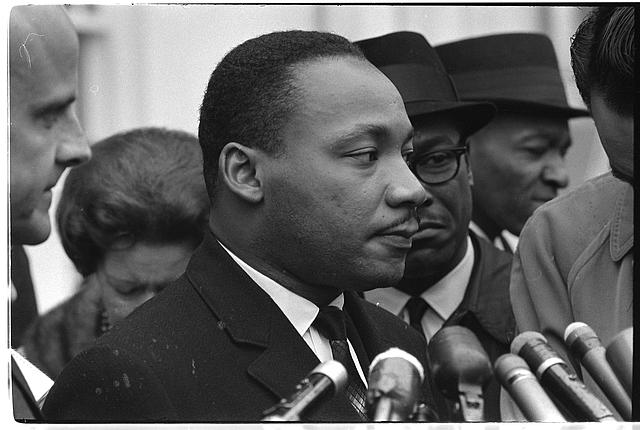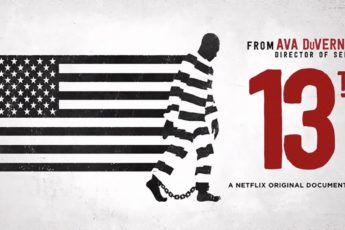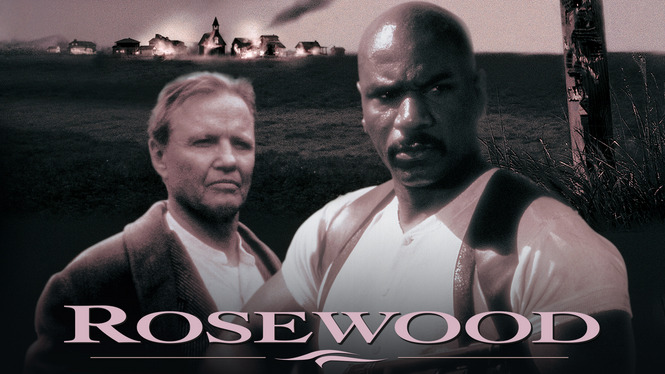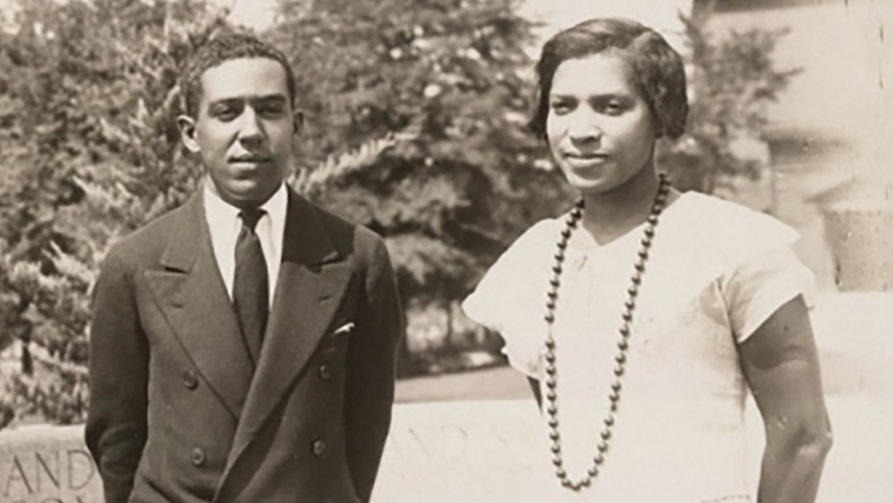
As has been well documented, Dr. Martin Luther King, Jr. was an iconic and influential civil rights leader who played a pivotal role in the American civil rights movement. Through his leadership and activism, he helped to bring about significant changes in laws and policies that helped to end segregation and discrimination against African Americans.
One of the most significant legislative achievements of Dr. King was the passage of the Civil Rights Act of 1964. This act prohibited discrimination on the basis of race, color, religion, sex, or national origin in employment, public accommodations, and federally funded programs. It also established the Equal Employment Opportunity Commission (EEOC) to enforce these provisions.
Dr. King was also instrumental in the passage of the Voting Rights Act of 1965, which aimed to protect the voting rights of African Americans by prohibiting discrimination in voting practices and procedures. This act had a significant impact on increasing African American participation in the political process, and it is still considered a landmark piece of legislation today.
In addition to these two major pieces of legislation, Dr. King also played a role in the passage of other laws that helped to address racial inequality and discrimination, including the Fair Housing Act of 1968 and the Civil Rights Act of 1968.
Dr. King’s efforts and contributions to the civil rights movement had a lasting impact on the legislative landscape of the United States and helped to bring about important changes that improved the lives of millions of African Americans
Threats To Progress
It is important to note that while significant progress has been made in addressing racial inequality and discrimination in the United States, there is still work to be done to fully realize the vision of a just and equal society that Dr. King and others fought for. Some of the legislation that was passed as a result of the civil rights movement, including the Civil Rights Act of 1964 and the Voting Rights Act of 1965, have faced challenges and attempts at rollbacks in recent years.
For example, in 2013, the Supreme Court issued a ruling in the case of Shelby County v. Holder that struck down a key provision of the Voting Rights Act known as the “preclearance” requirement. This provision had required certain states with a history of discrimination in voting to get federal approval before making any changes to their voting laws or procedures. The ruling effectively removed this requirement, and some critics have argued that it has led to a resurgence of voting restrictions and discrimination in some states.
Similarly, the Fair Housing Act of 1968, which prohibited discrimination in the sale, rental, and financing of housing, has also faced challenges in recent years. For example, some have argued that certain policies and practices, such as the use of “exclusionary zoning” or the lack of affordable housing, can have a disproportionate impact on minority communities and can effectively perpetuate segregation.
Overall, it is important to continue to work to protect and advance the gains made during the civil rights movement, and to address ongoing issues of racial inequality and discrimination in the United States.










